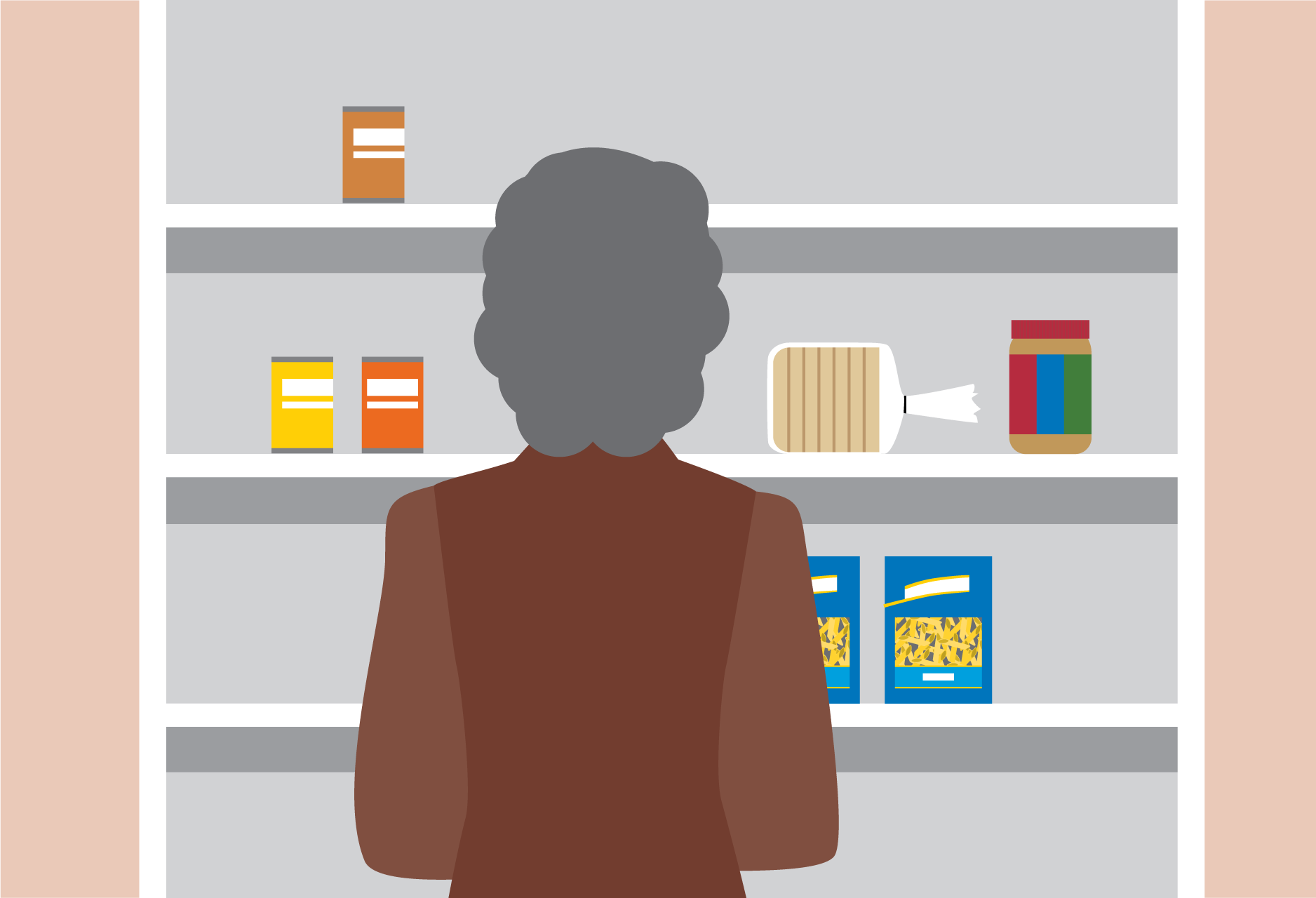What is food insecurity and why is it an issue?
Food insecurity is not having access to enough food to survive or food of good enough quality to be able to live healthily. Food insecurity occur because of many factors, such as economic reasons, employment, or disabilities. However, food insecurity is also an environmental issue. Unsustainable farming and global warming are dramatically affecting the rate at which food can be produced. On top of this, the FAO (Food and Agriculture Organization of the United Nations) predicts that the demand for food will go up by 70% by the year 2050.

Soil
One of the biggest reasons that unsustainable farming practices are causing a higher risk for food security is because of their impact on the quality of soil. Healthy soil is able to efficiently hold more water, which allows it to be more resistant to erosion.

Practices like over-tilling and excessive use of pesticides decrease the amount of healthy soil available, which will lead to less food being grown in the long term. Another harmful effect of creating excessive amounts of unhealthy soil is how it effects drinking water. When soil is unhealthy and exposed, it is more vulnerable to wind and water erosion, so it ends up in waterways. Then, the drinking water in those waterways are filled with biocides.
Biocides
Biocides effect more than just the soil. First of all, biocides are usually unsuccessful in targeting a specific pest, and can end up harming beneficial animals like bees or earthworms. Additionally, they can become less effective or even irrelevant to the pests once they develop tolerance towards the biocides. All of these factors contribute towards less crops and lower quality crops.
Solutions?
So how do we fix this problem in respect to the environment? Food and water insecurity is a daunting challenge to face. The most general solution would be to implement more sustainable farming so that crop production and quality goes up. One way that farmers could increase both of those things would be using more natural methods to get rid of pests, like bacteria and fungi as a natural pesticide. This method is also effective because it is generally better at targeting specific species than pesticides. Finding ways to decrease over tilling would also benefit soil health and lead to more sustainable agriculture. With the future bringing a higher demand for food and need for faster farming, it is more important than ever that sustainable practices are developed in order to save our planet and the people on it.